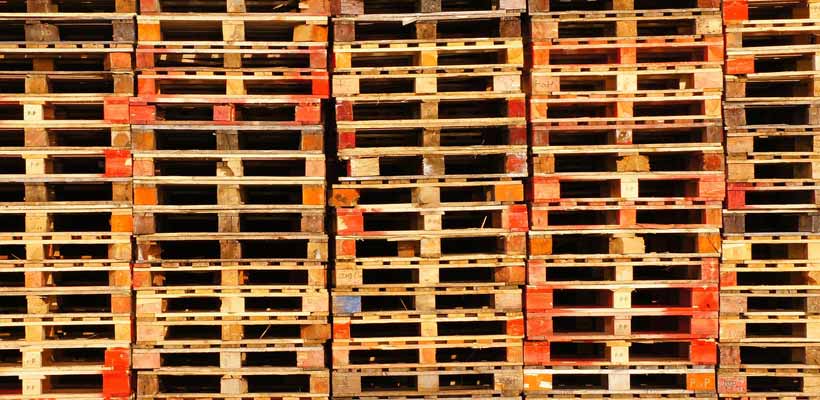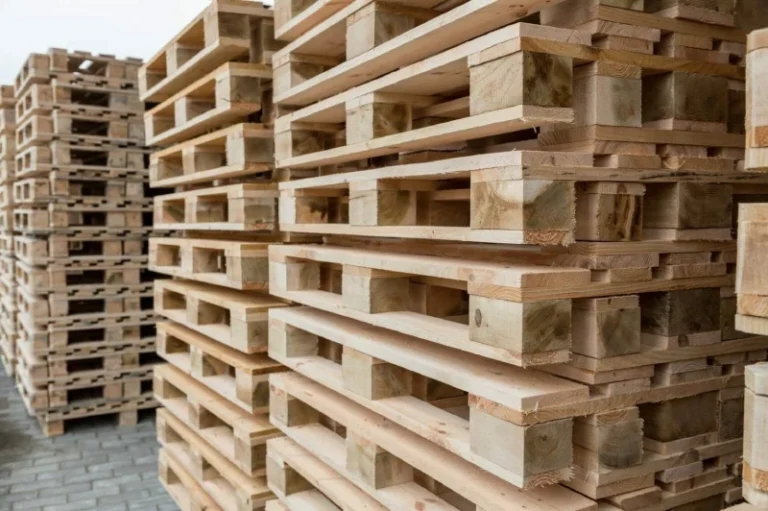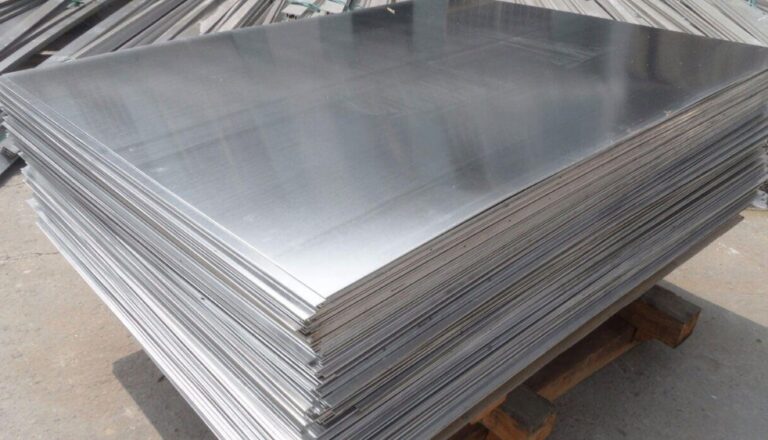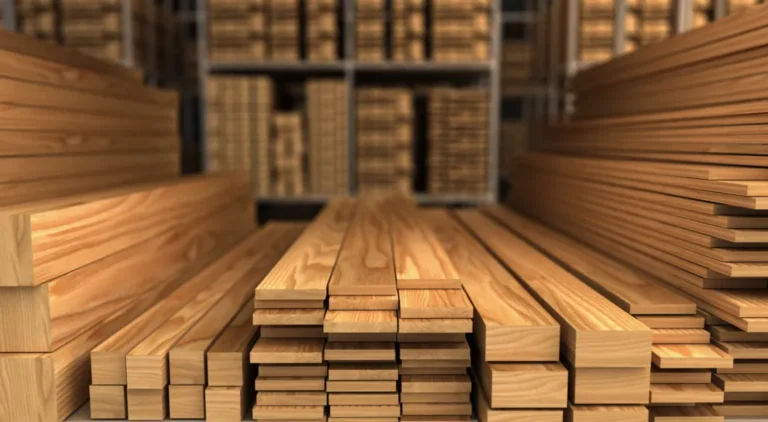
questinternational /
June 19, 2025
Heat-Resistant Pallets: How They Protect Goods in High-Temperature Environments

In today’s global supply chains, goods often face extreme temperature fluctuations during storage and transportation. Whether it’s the heat of a Qatari summer or the intense conditions inside industrial warehouses, protecting products from high temperatures is essential. This is where heat-resistant pallets come into play, offering a reliable solution for safeguarding valuable goods in challenging environments.
What Are Heat-Resistant Pallets?
Heat-resistant pallets are specially engineered to withstand elevated temperatures without compromising their structural integrity. These pallets are typically made from heat-treated wood or high-performance plastics, each designed to endure the rigors of hot environments and heavy loads.
How Do Heat-Resistant Pallets Work?
- Heat-Treated Wooden Pallets:
Wooden pallets can be heat-treated to enhance durability and stability. The heat treatment process involves subjecting the wood to high temperatures, which not only eliminates pests but also reduces moisture content. This makes the pallets more resistant to mold, rot, and decay, ensuring they remain strong and reliable even in humid or hot conditions.
Additionally, heat-treated pallets comply with ISPM 15 international standards, making them suitable for global shipping and export. Their enhanced strength means they can be reused multiple times, providing cost savings and reducing the risk of pallet failure during transit. - Plastic Pallets:
High-quality plastic pallets are inherently resistant to heat, with melting points significantly higher than average ambient temperatures. This makes them ideal for use in environments where wooden pallets might warp or degrade[3][4]. The molecular structure of thermoplastics allows these pallets to maintain their shape and strength, even when exposed to sustained high temperatures. - Insulated Pallet Covers:
For temperature-sensitive goods, insulated or thermal pallet covers offer an extra layer of protection. These covers act as a thermal barrier, shielding products from external heat and sudden temperature fluctuations. Widely used in industries like pharmaceuticals, agriculture, and chemicals, insulated covers help maintain the integrity of goods by slowing down the rate of temperature change and reducing the risk of heat damage.
Benefits of Using Heat-Resistant Pallets
- Product Integrity:
By resisting warping, melting, and microbial growth, heat-resistant pallets ensure that goods arrive at their destination in optimal condition. - Regulatory Compliance:
Heat-treated pallets meet international shipping standards, reducing the risk of customs delays or rejections. - Cost Efficiency:
Their durability and reusability translate into lower replacement costs and fewer disruptions in the supply chain. - Environmental Sustainability:
Many heat-resistant pallets are made from renewable resources or recycled materials, contributing to eco-friendly logistics practices.
Applications Across Industries
Heat-resistant pallets are indispensable in sectors where temperature control is critical, such as:
- Food and beverage
- Pharmaceuticals
- Chemicals
- Agriculture
- Construction materials
Whether you’re shipping vaccines, fresh produce, or industrial equipment, these pallets provide the robust foundation needed to keep your products safe from heat-related risks. Quest International is a leading supplier of high-quality wooden pallets in Qatar, offering reliable, heat-resistant solutions for all your industrial and packaging needs.
Related Posts
August 25, 2025
August 5, 2025
May 24, 2025


